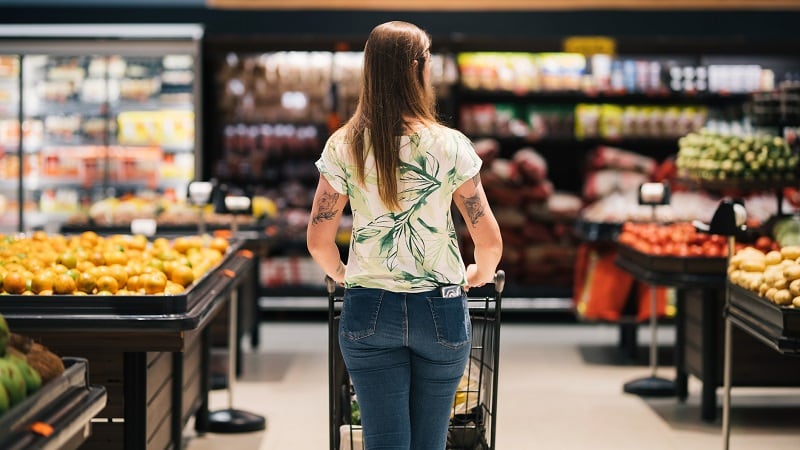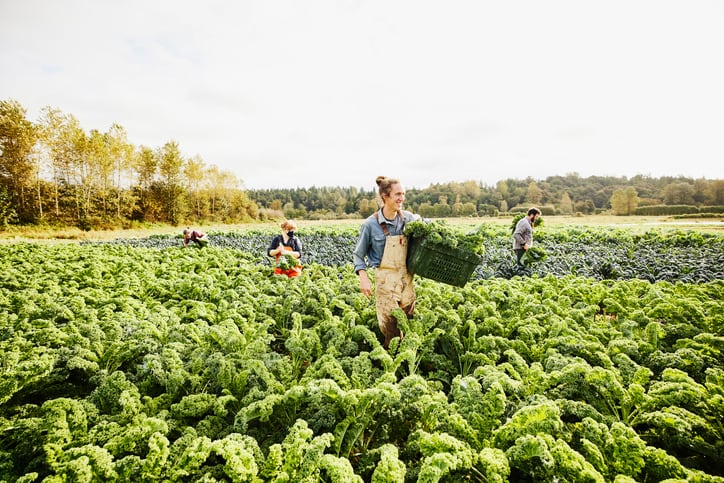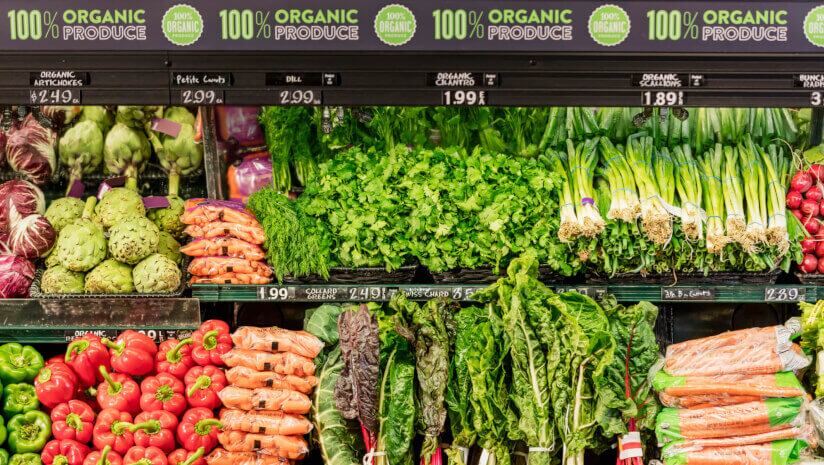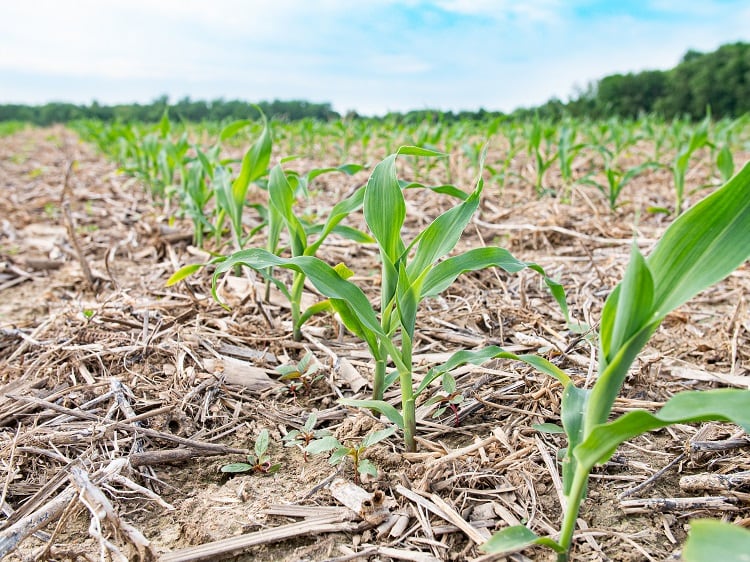Consumer interest in regenerative agriculture is on the upswing, but brands must be careful on which certification program they choose and how they market their brands, Anthony Corsaro, co-founder of Regen Brands and managing director at Outlaw Ventures, shared on a Founders’ Fundamentals podcast episode.
Currently, brands have seven main regenerative agriculture-specific certification bodies from which to choose , including Regenerative Organic Certified, Land Market Verified, Regenified, Certified Regenerative by a Greener World, Soil Carbon Verified, Ethos Regenerative Verified and Demeter Biodynamic Certification, Corsaro explained.
Startups must learn about each certification and the suppliers and brands with which they work before choosing the one that is right for them, Corsaro explained.
Additionally, a startup can inquire with their retail partners about what certification might be best for the brand and the specific requirements, he added.
“It is challenging as a brand to figure out which one of those to hitch your wagon to. What I would tell people is go look at who they are already representing - who you see yourself most aligned with from a brand and an ingredient perspective. If you already are sourcing or are talking to co-manufacturers, ask those folks if they work with any of them,” he elaborated.
Catch-up on the Founders’ Fundamentals podcast
Founders' Fundamentals is a bi-weekly podcast series dedicated to sharing strategies and insight on how to build and grow a food and beverage CPG brand. Re-visit past episodes here:
- From metrics to market: Data strategies to succeed in retail
- Preparing for retail: What CPG brands must know to succeed
- Expo West guide: How founders can prepare for CPG’s ‘Super Bowl’
- Beverage disruption: L.A. Libations CEO shares the recipe for building an iconic brand
- VC funding 101: Habitat Partners discusses strategies to secure capital
Is there a consumer appetite for regen ag?
Startup brands should be careful that they do not lean too much into regenerative agriculture, Corsaro noted. Consumers primarily purchase a product for taste and price, but regenerative agriculture can be the “tiebreaker” with two comparable products on shelf, he added.
Most consumers (85%) said taste was the top purchase driver, followed by price and healthfulness at 76% and 62%, respectively, according to The International Food Information Council (IFIC) annual Food & Health survey. Less than a third (31%) said sustainability was a major purchase driver, IFIC stated.
“What we have seen successful people do – and what I advise folks to do – is to use regenerative as the credibility behind a primary purchasing driver advantage – nutrition, taste, price, whatever - lead with that as the outcome, and then back it up by saying ‘We are regenerative,‘" Corsaro elaborated.
“Most brands having success with regenerative are doing a really good job using it for storytelling, which really is a loyalty and retention mechanism on the marketing side, not a primary purchasing tactic,” he added.
The full scope of consumer interest in regen ag is unclear
The extent of consumer awareness and appetite for regenerative agriculture is unclear given the different certification bodies and how some products are produced with regenerative agriculture but are not marketed as such, Corsaro noted.
Additionally, many major CPG brands source regenerative ingredients, but are not making claims or getting certified, Corsaro added.
“The state of consumer awareness and demand for regenerative and regenerative products is pretty unclear. The biggest reason it is unclear is because we do not have a standard governing body over what can be called regenerative in the marketplace. We have multiple certifications. We have brands that are making claims that are not certified but are third-party validated,” he elaborated.
While the full picture might be hard to assess, some research shows an increased interest in those dedicated to sustainability causes. Most consumers (68%) who buy for more than taste and value know what regenerative ag is, and 65% of them wanted to purchase regen ag products, according to Regenified data shared on a recent Soup-to-Nuts podcast.





